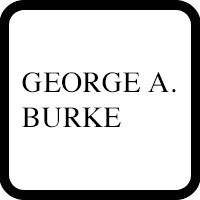 Kaneohe Felony Lawyers, Hawaii
Kaneohe Felony Lawyers, Hawaii
Not enough matches for Kaneohe Felony lawyer.
Below are all Kaneohe Criminal lawyers.
Sponsored Lawyers
1-10 of 10 matches
841 Bishop St
Honolulu, HI 96813
Accident & Injury, Criminal
George Allen Burke is a practicing lawyer in the state of Hawaii handling personal injury matters.
(more)
White Collar Crime, Felony, Insurance, Personal Injury, Personal Injury





